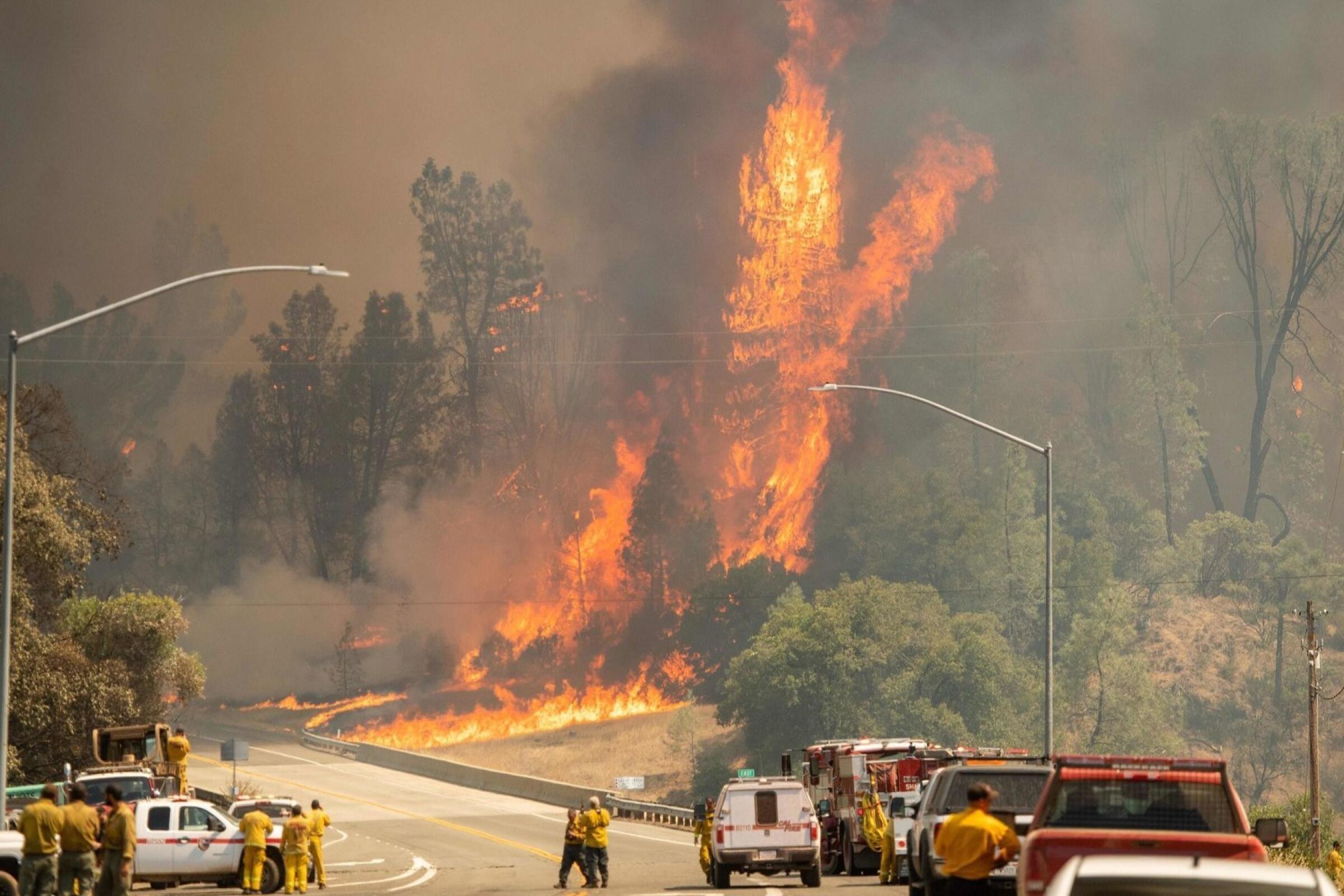Emergency experts recommend thinking about “the six Ps” when considering what to prioritize if you need to evacuate.
People and pets: These should be your first priority. If your pets are on a leash or in a carrier or tank, emergency shelters in Los Angeles should let you bring them along.
Papers and phone numbers: Passports, birth certificates, marriage licenses and other legal documents should come with you. If you have pets, pack proof that they’re up to date on vaccinations. A list of essential phone numbers — including doctors, relatives, an out-of-state contact, neighbors, coworkers, your insurance agent, your lawyer and your landlord — should be there too in case your phone runs out of juice.
Prescriptions: If you need it for your health or survival, take it with you. This includes prescription medication as well as eyeglasses, contact lenses and vitamins. If you have any babies or toddlers, make sure to pack wipes, diapers and a stroller.
Personal computers: Your laptop or desktop likely has a lot of important documents, photos and files, and it may be crucial for staying in contact and accessing services if you lose your home or have to be away for a long time. Don’t forget about your external hard drive.
Plastic: This includes credit cards, ATM cards, ID cards and insurance cards. It also includes cash.
Pictures and personal items: It would be painful to lose albums, framed photos and other irreplaceable memorabilia. But if packing these things will delay your evacuation, leave them behind.
To stay updated on fires and evacuations in Los Angeles, you can follow the city’s Emergency Management Department on Twitter @ReadyLA.











